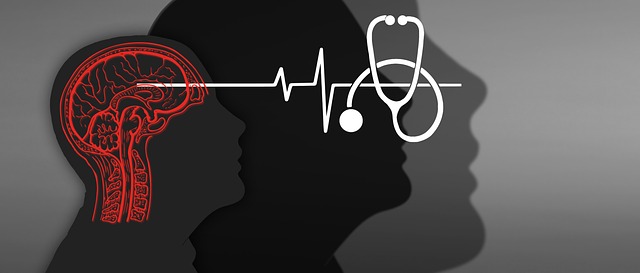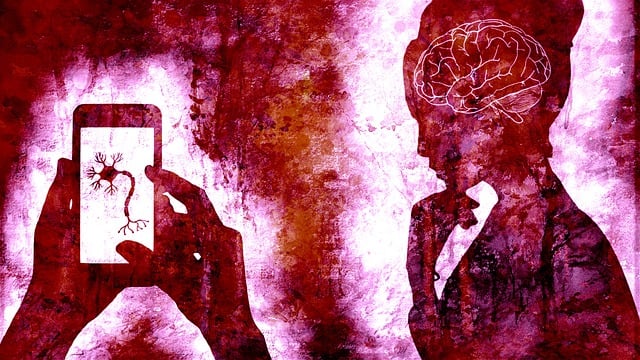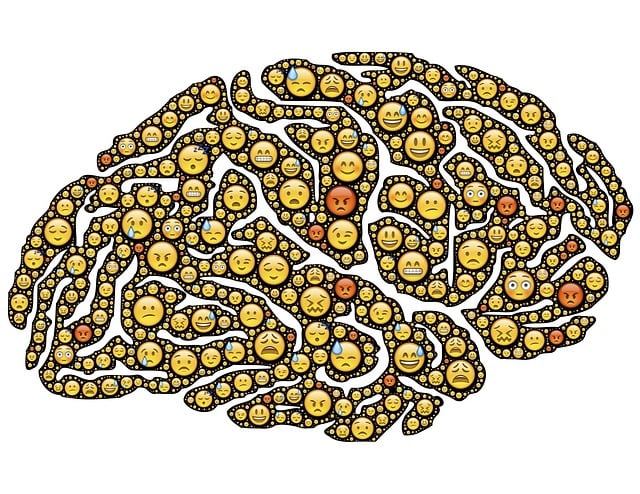Parker Children's Therapy prioritizes cultural competency as a cornerstone of its therapeutic approach, ensuring therapists are equipped to support children from diverse backgrounds and address unique cultural challenges. Through specialized services, advocacy for mental health policies, and comprehensive training programs, they enhance patient care and outcomes. The therapy center's interactive workshops, role-playing, and case studies prepare professionals to navigate various cultural contexts, improve communication, and foster inclusive environments. Their evaluation shows significant improvements in therapists' cultural awareness and sensitivity, leading to better patient care and community well-being.
“Enhancing healthcare services for diverse communities starts with cultural competency training for providers. This article explores why such training is vital for organizations like Parker Children’s Therapy, where effective communication bridges cultural gaps. We delve into identifying and addressing barriers in multicultural settings, presenting best practices for immersive training. Additionally, we measure the impact of these programs at Parker Children’s Therapy, highlighting successful strategies to improve patient outcomes.”
- Understanding Cultural Competency in Healthcare: Why It Matters for Parker Children's Therapy
- Identifying and Overcoming Barriers to Effective Communication
- Best Practices for Training Healthcare Providers on Cultural Sensitivity
- Measuring Success: Evaluating the Impact of Cultural Competency Programs at Parker Children's Therapy
Understanding Cultural Competency in Healthcare: Why It Matters for Parker Children's Therapy

Cultural competency is a vital aspect of healthcare, especially within specialized fields like children’s therapy. At Parker Children’s Therapy, understanding and embracing cultural diversity is not just a practice but a necessity to provide effective care. In today’s diverse society, where families come from various ethnic, social, and economic backgrounds, therapists must be equipped to navigate these differences and offer sensitive support.
This approach ensures that every child and their family receive tailored therapy, addressing unique challenges related to their cultural identities. For instance, a child from a trauma-affected community might require specialized support, and Parker Children’s Therapy aims to deliver this through its Crisis Intervention Guidance and Trauma Support Services. Similarly, the Mental Health Policy Analysis and Advocacy aspect of their training enables therapists to advocate for policies that promote culturally sensitive mental health care, ensuring long-lasting positive outcomes for children and families from diverse backgrounds.
Identifying and Overcoming Barriers to Effective Communication

Effective communication is a cornerstone of quality healthcare, but barriers can impede this process, especially in diverse settings. Healthcare provider cultural competency training plays a vital role in identifying and overcoming these obstacles to ensure patient care remains sensitive and accessible. One significant barrier is language differences, where translation services or interpreters are essential to bridge the gap. Additionally, cultural norms and values can influence communication styles; for instance, some communities prefer indirect communication, while others advocate for directness.
Training programs, such as those offered by Parker Children’s Therapy, can equip providers with tools to navigate these nuances. They may include education on mindfulness meditation and mind-over-matter principles to foster empathy and patient rapport. By learning about the impact of mood management techniques and incorporating them into practice, healthcare professionals can create a safer space for patients to express their needs and concerns openly. This holistic approach ensures that every patient receives care tailored to their unique cultural background.
Best Practices for Training Healthcare Providers on Cultural Sensitivity

Effective cultural competency training for healthcare providers involves a multi-faceted approach that goes beyond surface-level awareness. Best practices include Parker Children Therapy techniques tailored to diverse populations, ensuring trainers are themselves culturally competent. Interactive workshops, role-playing scenarios, and case studies from real-life situations can help providers navigate complex interactions with patients from various backgrounds.
Integrating Crisis Intervention Guidance and Depression Prevention strategies within the training curriculum equips healthcare professionals to recognize and respond appropriately to mental health crises within diverse cultural contexts. Furthermore, designing Mental Health Education Programs that are culturally sensitive fosters a deeper understanding of different perspectives on mental illness, leading to more effective treatment plans.
Measuring Success: Evaluating the Impact of Cultural Competency Programs at Parker Children's Therapy

At Parker Children’s Therapy, evaluating the success of cultural competency training has been a multifaceted endeavor, focusing on both qualitative and quantitative data collection. They’ve implemented various assessment tools to gauge the impact of their programs, including pre-post training surveys and focus groups with participants. These methods have provided valuable insights into the perceived benefits and changes among therapists. Results indicate significant improvements in cultural awareness and sensitivity, with many participants reporting enhanced skills in navigating diverse patient backgrounds and better understanding of mental illness stigma reduction efforts.
The positive outcomes extend beyond individual growth; they reflect on the overall therapeutic environment. Therapists noted improved collaboration and communication within multidisciplinary teams, fostering a more inclusive space for discussing sensitive topics like emotional regulation. Such findings underscore Parker Children’s Therapy’s commitment to not only cultural competency but also its tangible effects on patient care and community well-being.










